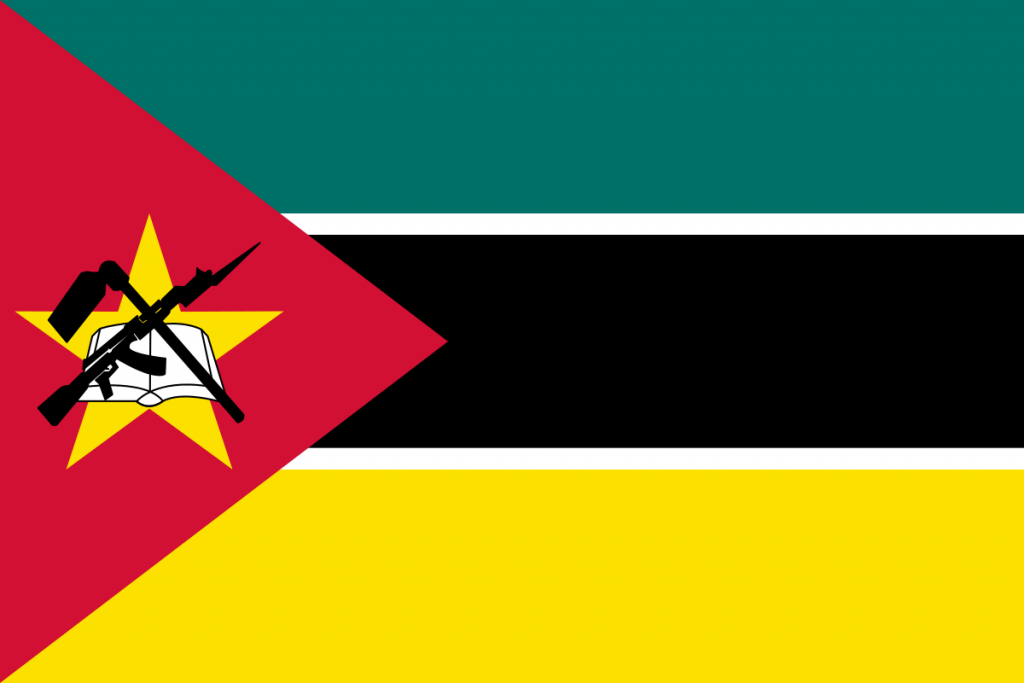
Women and children are the victims most affected by the violence and the consequences of displacement in the province of Cabo Delgado, in northern Mozambique, where since 2017 over 700,000 people have been forced to abandon their homes due to the actions of jihadist groups linked to the Islamic State. The situation worsened in March of this year with the assault on the city of Palma (see Fides, 27/3/2021) after another 67,000 people were displaced. Half of them are children. The displaced people arrived in Pemba by all possible means, including on foot, and were welcomed in camps managed by local and international organizations. But the needs are diverse and the security situation, especially for the weakest, remains precarious.
“With drop-out girls and families facing financial and hardship, the risk of early marriage and teenage pregnancy is becoming a growing concern”, said Andrea M. Wojnar, head of the UN High Commissioner for Refugees (UNHCR) in Mozambique.
Those who could not escape, however, suffered even more dramatic consequences. Hundreds of boys and girls have been kidnapped by jihadist groups, according to Kwiriwi Fonseca, spokesman for the diocese of Pemba. The boys, says the priest, are forcibly recruited into the ranks of the jihadists, while the girls are “married” to the fighters or serve as slaves. In this context, Fr Fonseca also refers to reports from Sister Eliane da Costa, a Brazilian nun who was in Mocímboa da Praia when the coastal village fell into the hands of terrorists in August 2020 and dozens of people were kidnapped. “Sister Eliane lived 24 days among the terrorists, in the forest, and warned me by saying: ‘Father Fonseca, do not forget the people kidnapped, especially children and adolescents, who are also trained to be terrorists”, said the priest.
In Lichinga, province of Niassa, Sister Mónica da Rocha, a Portuguese nun of the Congregation of Our Lady of Fatima’s Sisters of Reparation,
welcomes the displaced and says that it is “urgent to rebuild the destroyed lives”. “Kidnappings in the context of wars are more likely to affect young people and children. In the case of kidnapped boys, they are mostly made to fight alongside terrorists, and in the case of girls, to serve as sex slaves”.
To help the people of northern Mozambique, more than 30 Portuguese civil society organizations, including several Catholic institutions, launched the “Cabo Delgado” campaign: we must not give up in the face of violence!”. Participants appealed to the government of Portugal (Mozambique is a former Portuguese colony), the European Union and the United Nations for the “urgent delivery of humanitarian aid” to Cabo Delgado.

